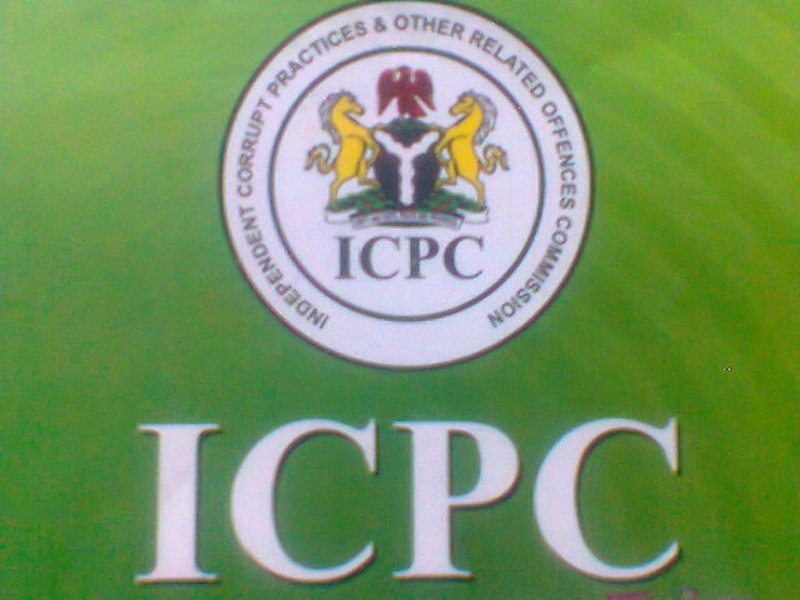Prof. Bolaji Owasanoye, the Chairman, Independent Corrupt Practices and Other Related Offences Commission (ICPC), says the commission is committed to ending Illicit Financial Flows (IFFs) in the private sector.
Owasanoye stated this on Monday at the ‘Draft Model Financial Transparency Code Developed for the Private Sector’ review held at the commission’s headquarters in Abuja.
The chairman, who was represented by the Secretary of ICPC, Prof Musa Abubakar, said that efforts were ongoing to strengthen the private sector to hinder corruption within the country’s sector.
He added that presently, action was ongoing to develop technological tools to help identify, detect, curb and monitor IFFs in the country.
According to him, the oil and gas, education, real estate as well as taxation and investment sectors are areas of serious concern for the commission.
“The commission in collaboration with Inter-Agency Committee for Stopping IFFs from Nigeria and with the support of Ford Foundation has undertaken a range of activities.
“This activities includes research to better appreciate the nature IFFs in Nigeria, including its full extent as well as its incidences in many sectors like Oil and Gas, Education, Real Estate as well as taxation, investment and contract negotiation.
“These activities have enabled members to gain a better understanding of IFFs from the perspective of other agencies.
“It is noteworthy that workshops on capacity development for Investigators, Tax Inspectors, Prosecutors and Negotiators of Trade, Investment, Tax and Natural Resources Agreements have also been done.
“The key focus of today’s meeting is to review and make inputs to a draft code developed for the Private Sector which will go a long way in tackling IFFs.
“After the review of the draft document and relevant amendments, inputs, there will be a series of sensitisation before it deployment to the Private Sector for voluntary compliance,” he stated.
Dr Kolawole Ebire, the lead presenter in his presentation emphasised that the code scheme of IFFs for private sector was aimed at improving transparency.
He said the Draft Code upon implementation would reduce loss of pubic revenue in commercial transactions.
On his part, Dr Adeyemi Dipeolu, the Chairman Inter-Agency Committee on Stopping Illicit Financial Flows (IFFs) said that the implementation of laws on IFFs was critical to curbing the menace.
Dipeolu, who is also the Special Adviser to the President on Economic Matters in the Office of the Vice-President, said the aim was to promote transparency in the conduct of business.
After reviewing the draft, stakeholders are expected to come up with strategies that will assist both government and the private sector in dealing with the issues of IFFs.

 Business6 days ago
Business6 days ago
 Business6 days ago
Business6 days ago
 Education6 days ago
Education6 days ago
 Crime6 days ago
Crime6 days ago
 Covid-196 days ago
Covid-196 days ago
 Business6 days ago
Business6 days ago
 Latest4 days ago
Latest4 days ago
 Featured1 week ago
Featured1 week ago

